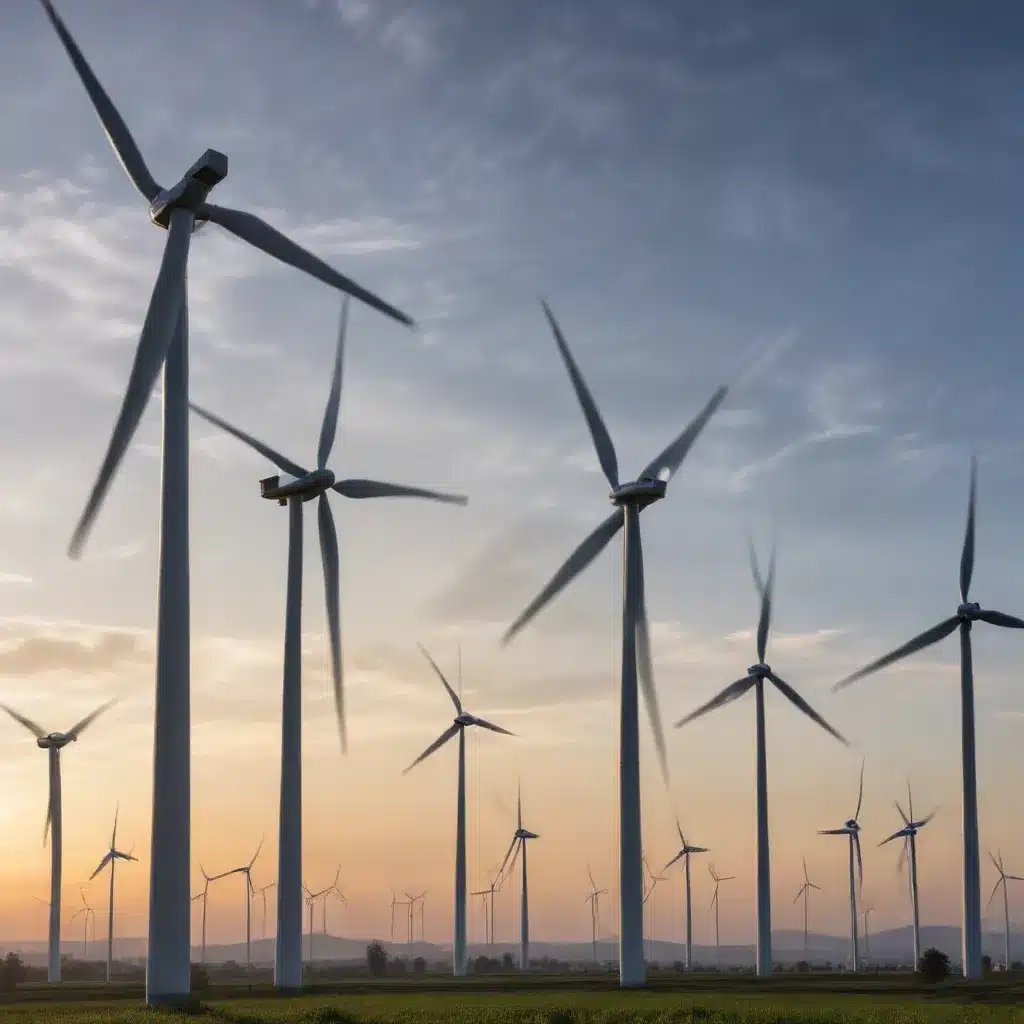
As Europe continues its shift toward clean energy, one of the most promising developments is the rise of decentralized energy systems. These localized, distributed approaches to power generation and management empower consumers to take a more active role in the energy transition. From the rapid expansion of wind farms and record-breaking solar installations to innovative hydrogen pilot projects and cutting-edge battery storage solutions, the decentralized energy landscape is transforming how we power our homes, businesses, and communities.
Distributed Generation Technologies
At the forefront of this transition are advancements in distributed generation—small-scale power sources located close to where the energy is used. Rooftop solar, community wind turbines, and micro-combined heat and power (micro-CHP) units are just a few examples of these localized technologies that are bringing energy production closer to the consumer. This shift has significant implications, as it enables consumers to generate their own renewable electricity, reduce their reliance on the central grid, and become active participants in the energy system.
Energy Storage Solutions
Complementing the growth of distributed generation are innovations in energy storage. Affordable and accessible battery storage systems allow consumers to store the energy they produce and use it when needed, boosting their self-sufficiency and resilience. Additionally, thermal energy storage solutions, such as heat pumps and hot water tanks, enable consumers to manage their heating and cooling more efficiently. These storage technologies, combined with smart home demand-side management strategies, empower consumers to optimize their energy consumption and become more flexible players in the energy system.
Consumer Participation in Energy Transition
Empowering Energy Consumers
At the heart of the decentralized energy transition is the empowerment of energy consumers. Regulators, policymakers, and energy companies are increasingly recognizing the crucial role that consumers must play in achieving Europe’s clean energy goals. Through initiatives such as the European Commission’s Clean Energy for All Europeans package, consumers are being given more control, flexibility, and ownership over their energy choices.
Peer-to-Peer Energy Trading
One of the most exciting developments in this space is the emergence of peer-to-peer (P2P) energy trading. Enabled by blockchain technology and smart grid infrastructure, P2P platforms allow consumers to buy and sell renewable energy directly with their neighbors, community members, or even across wider regional networks. This decentralized energy market model promotes local energy ownership, fosters community engagement, and incentivizes further investment in distributed generation.
Community-Based Energy Initiatives
Alongside P2P trading, we’re seeing the rise of community energy initiatives that empower citizens to collectively own and manage their energy resources. Energy cooperatives, community solar gardens, and local energy communities are all examples of grassroots efforts that are reshaping the energy landscape. These community-based approaches not only boost renewable energy deployment but also foster a sense of ownership and agency among consumers, strengthening their role in the energy transition.
Regulatory and Policy Frameworks
Enabling Policies for Decentralization
To support the growth of decentralized energy, policymakers are implementing a range of enabling policies and regulatory frameworks. Feed-in tariffs, net metering, and renewable energy certificates are just a few of the mechanisms that incentivize consumers to invest in distributed generation. Governments are also streamlining interconnection procedures and grid integration processes to make it easier for consumers to connect their local energy assets to the broader system.
Grid Integration and Interconnection
As the number of distributed energy resources increases, the challenge of integrating them into the existing grid infrastructure becomes more pressing. Innovative grid management strategies, such as smart inverters, demand response, and virtual power plants, are being deployed to optimize the integration of decentralized technologies and ensure the stability and resilience of the energy system.
Incentives and Financing Mechanisms
To further drive the adoption of decentralized energy solutions, policymakers are implementing a range of financial incentives and financing mechanisms. Green loans, energy efficiency rebates, and renewable energy tax credits are all examples of how governments are supporting consumers and communities in their transition to clean energy. Moreover, the rise of crowdfunding platforms and community investment schemes are empowering citizens to directly fund local energy projects.
Sustainability and Environmental Impact
Renewable Energy Integration
The shift toward decentralized energy systems is closely tied to the integration of renewable energy sources. As consumers become prosumers, generating their own solar, wind, or biogas-based electricity, the overall share of renewables in the energy mix increases, contributing to Europe’s ambitious climate and sustainability goals.
Reducing Carbon Footprint
By enabling consumers to produce and consume their own clean energy, decentralized systems help to reduce carbon emissions and environmental impact at the local level. This, in turn, contributes to the broader objectives of the European Green Deal and the transition to a net-zero economy.
Resilient Energy Systems
Decentralized energy systems also enhance the resilience of local communities, making them less vulnerable to grid disruptions and centralized power outages. This increased energy security and self-sufficiency are particularly crucial in the face of climate change and other emerging threats to the traditional energy infrastructure.
The rise of decentralized energy is a defining feature of Europe’s clean energy transition, empowering consumers to take an active role in shaping a more sustainable, resilient, and equitable energy future. By harnessing the power of distributed generation, energy storage, and innovative regulatory frameworks, we are witnessing the dawn of a new era where citizens are no longer just passive consumers, but engaged participants in the energy revolution.







